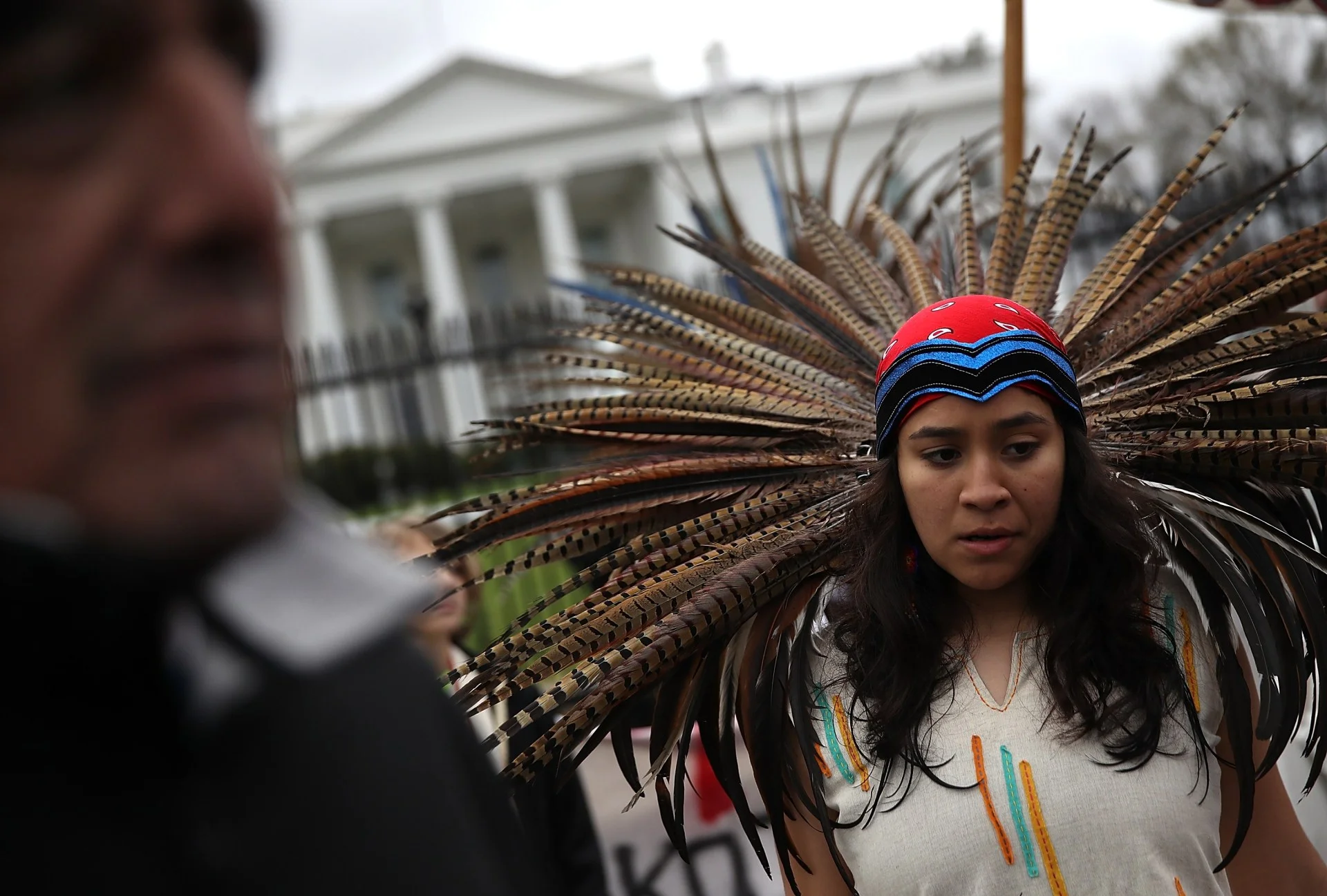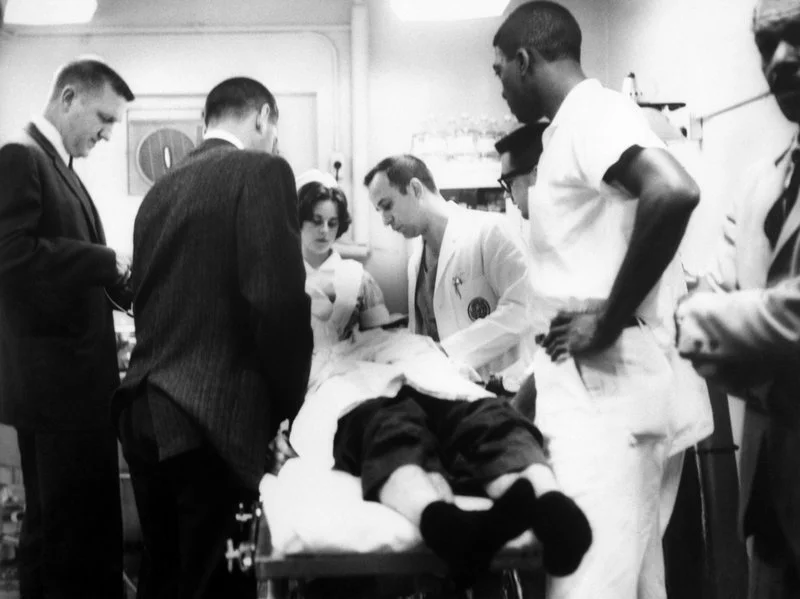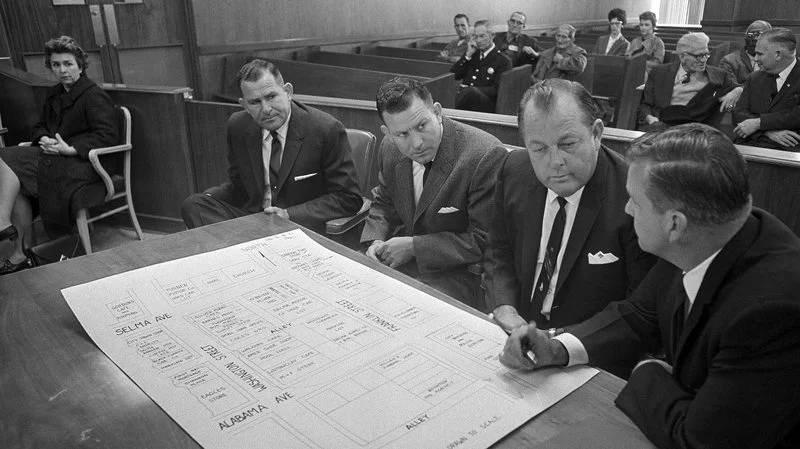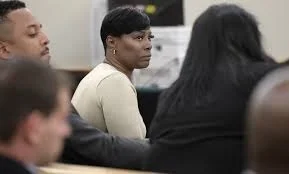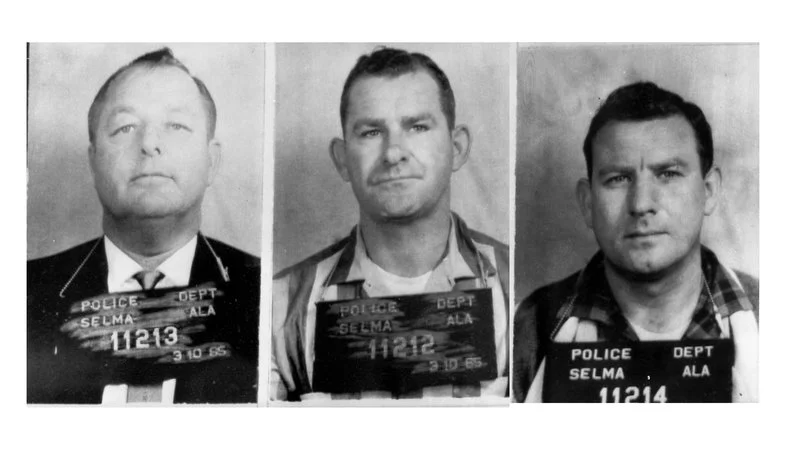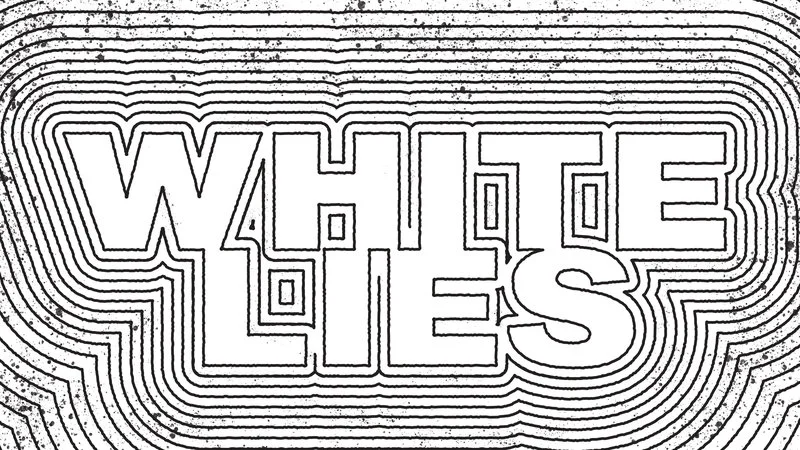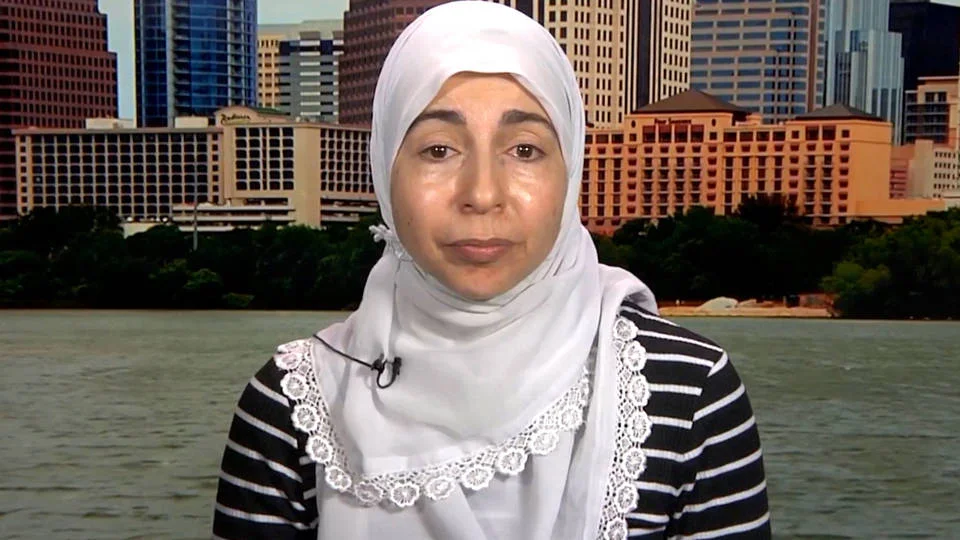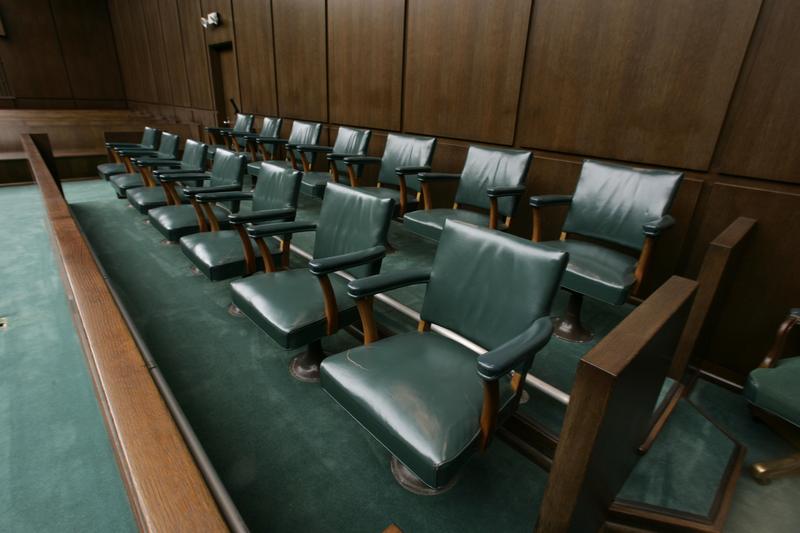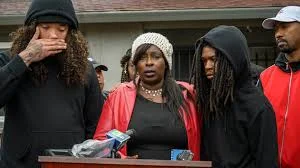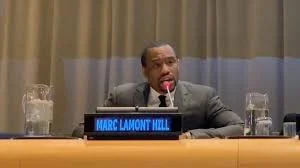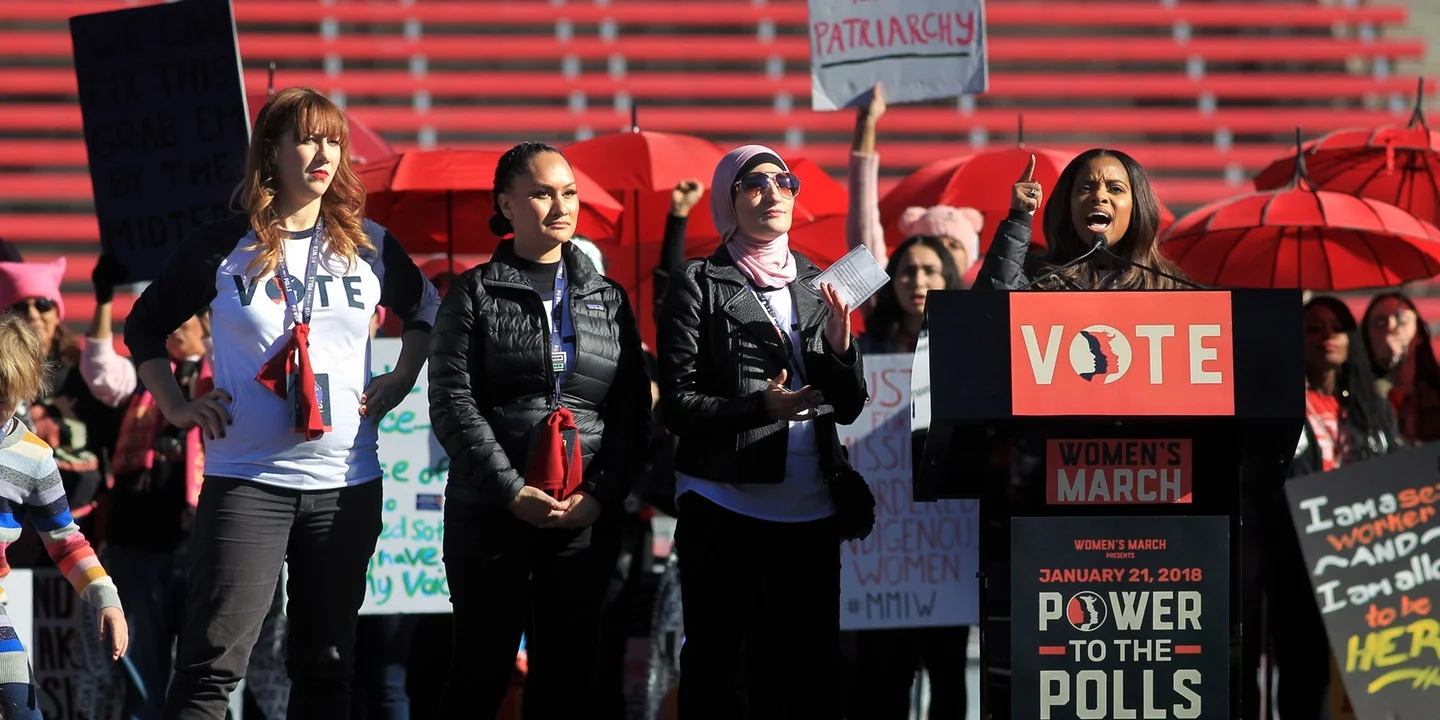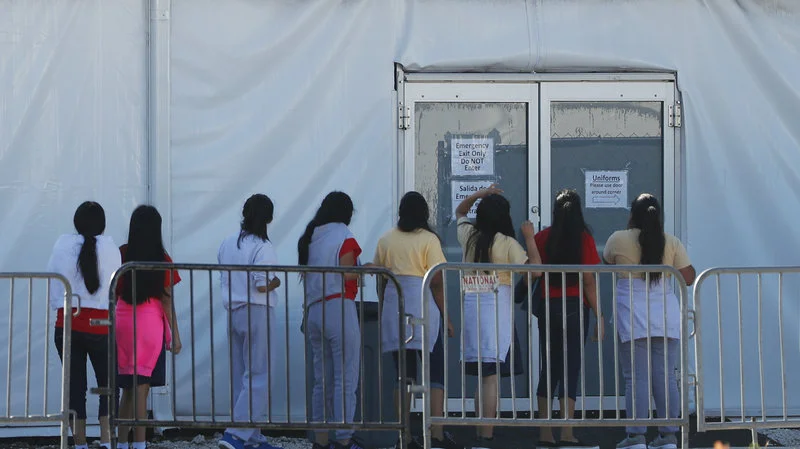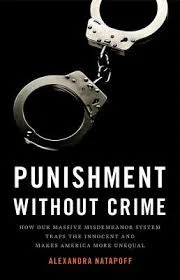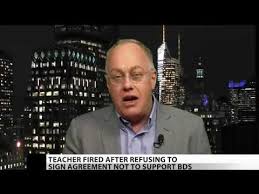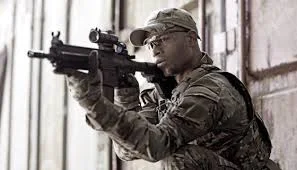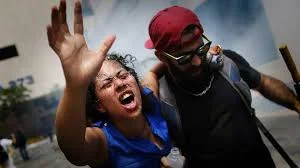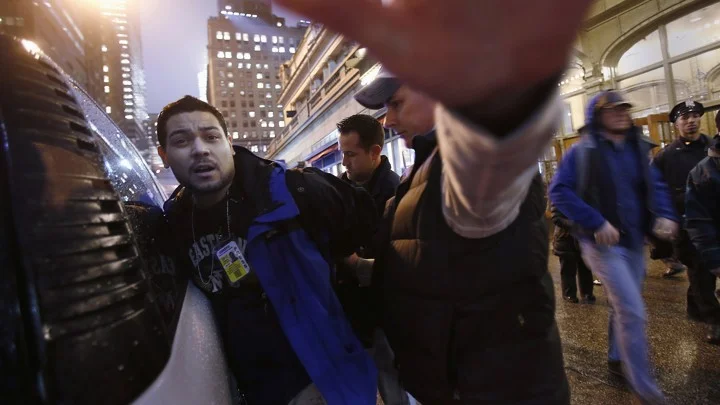The messages arrived suddenly and then he went quiet. “My identity is leaked,” he said. “I am worried about my safety.”
Read MoreIn the third episode of White Lies, we investigate the theory that emerged from the defense's closing argument in the trial for the murder of the Rev. James Reeb: that civil rights activists delayed Reeb's medical treatment and let him die — or killed Reeb themselves — because the movement needed a white martyr to further its cause.
Read MoreIn the second episode of White Lies, we unravel the story of the events that happened after the Rev. James Reeb's death: the arrest of three men and the murder trial that followed.
Read MoreThe groups’ decision to sign on means Mason will be represented by some of the top voting rights attorneys in the country.
In 1965, civil rights supporter James Reeb, a white Unitarian minister, was murdered in Selma, Ala. Three men were arrested, tried and acquitted. No one was ever held to account.
Read MoreIn White Lies, a serialized podcast available May 14, co-hosts Andrew Beck Grace and Chip Brantley expose the lies that kept a murder from being solved … In a place where lies and silence conspire against them, Brantley and Grace search Selma for living witnesses, guided by an unredacted copy of an old FBI file. They meet people who know the truth about the murder but have lied for decades — until now.
Read MoreRebel HQ’s Emma Vigeland breaks down how Trump is proving Alexandria Ocasio-Cortez's comments about America's "colonial" relationship with Puerto Rico correct.
Read MoreThe bill was widely viewed as an attempt to criminalize support of the BDS—Boycott, Divestment and Sanctions—movement. Federal Judge Robert Pitman issued an injunction, saying, “The statute threatens 'to suppress unpopular ideas' and 'manipulate the public debate through coercion rather than persuasion.'
Read MoreToday, a hidden power that is either the cornerstone of our democracy or a trapdoor to anarchy. From a Quaker prayer meeting in the streets of London, to riots in the streets of LA, we trace the history of a quiet act of rebellion and struggle with how much power “we the people” should really have.
Read MoreThe Sacramento District Attorney said Saturday that the two officers who shot Stephon Clark will not be charged. NPR's Michel Martin speaks with Clark's mother, Se'Quette Clark, about the decision.
Read MoreA 6-year-old child sleeps in a vacant office building, surrounded by strangers. An infant is taken from his breastfeeding mother. We examine the stories of two families separated in 2018 at the U.S.-Mexico border, comparing their experiences with what the government said was supposed to happen.
Read MoreThe author, scholar and activist delivered the remarks at the United Nations as part of the annual programming for the International Day of Solidarity with the Palestinian People.
Read MoreFar from enriching themselves, the records suggest that the Women’s March leaders receive compensation at the low end of major nonprofit executive pay. Co-President Tamika Mallory, for instance, was paid $70,570, with Assistant Secretary Linda Sarsour taking in $69,927.
Read MoreStories like this makes one wonder where the humanity of this administration is …
Read More"Former federal public defender Alexandra Natapoff says 13 million misdemeanors are filed each year in the U.S., trapping the innocent, punishing the poor and making society more unequal."
Her book is 'Punishment Without Crime.'
Read MoreChris Hedges joins Rick Sanchez to discuss the anti-BDS legislation sweeping the US … by muzzling the Boycott, Divestment & Sanction (BDS) movement, which seeks to put economic pressure on Israel and bring attention to the plight of the Palestinians.
Read MoreEmantic “EJ” Fitzgerald Bradford, Jr. and Jemel Roberson are heroes, period. But they won’t be treated as such.
CS gas (2-chlorobenzalmalononitrile), an aerosol compound considered a chemical weapon that has been outlawed on the battlefield by nearly every nation on Earth, including the United States … is [used] as a riot-control agent by both police and federal authorities in the United States and many other countries.
Read More“As a basic principle, we can’t tell you to stop recording,” says Delroy Burton, chairman of D.C.’s metropolitan police union and a 21-year veteran on the force. “If you’re standing across the street videotaping, and I’m in a public place, carrying out my public functions, [then] I’m subject to recording, and there’s nothing legally the police officer can do to stop you from recording.”
Read More

